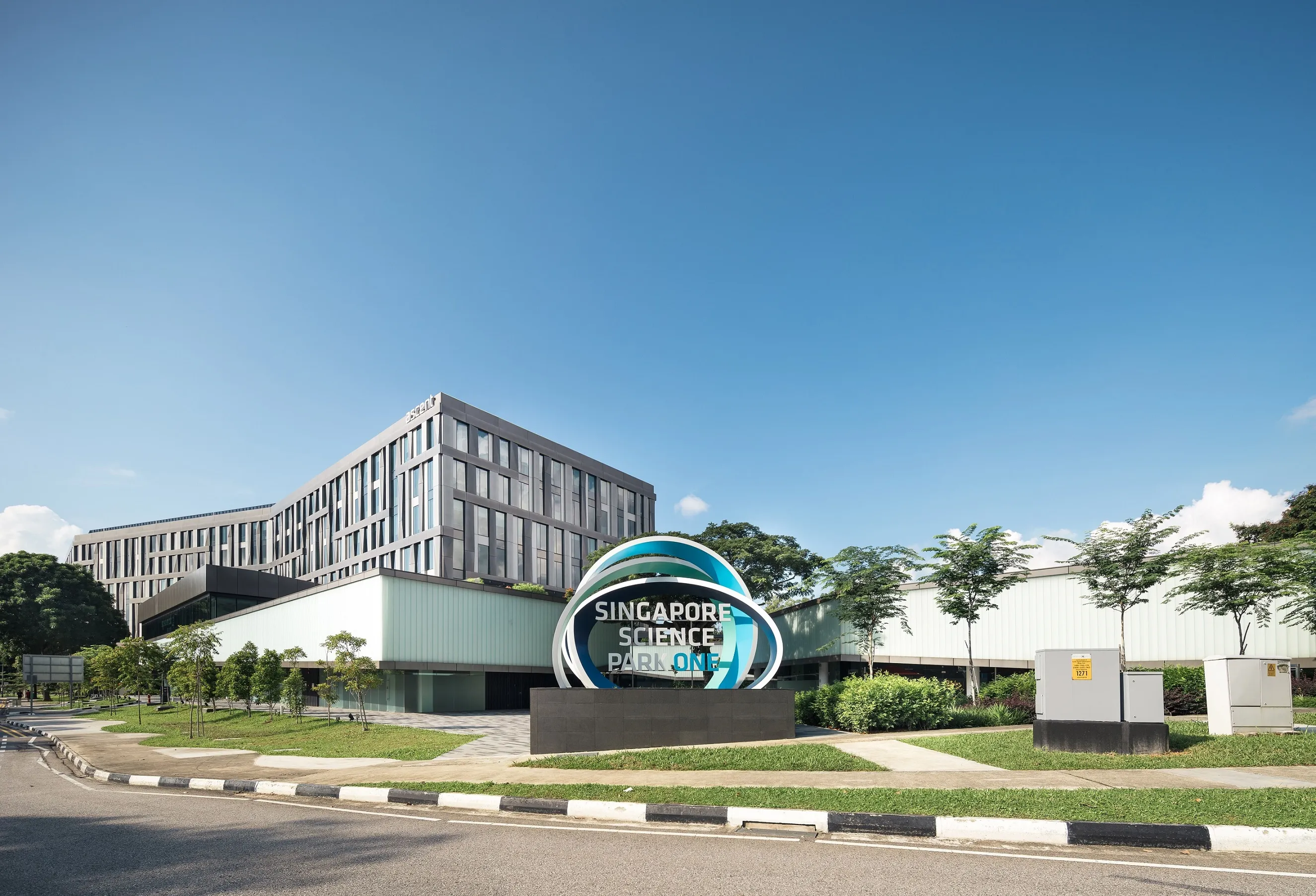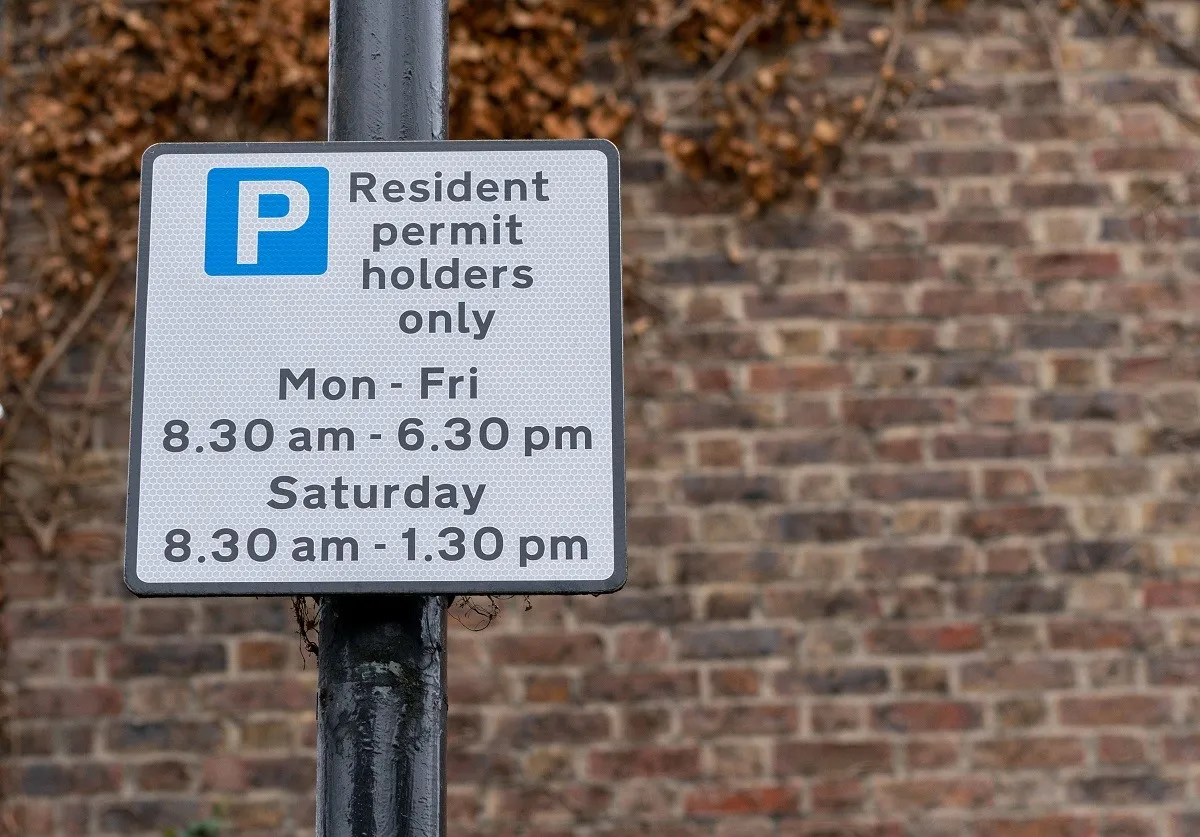
CapitaLand has initiated a Smart Urban Co-Innovation Lab that will allow companies to test smart mobility solutions at its 5G-enabled Singapore Science Park.
CapitaLand says the venture will aid the deployment of smart city solutions in Singapore and overseas.
The lab is expected to benefit around 200 companies in Singapore over the next three years.
It has received support from the Media Development Authority (IMDA) and Enterprise Singapore.
Jane Lim, assistant chief executive at IMDA, says: “The Lab is starting strong with 30 partners including major industry players and promising local enterprises coming on board along with CapitaLand.”
According to CapitaLand, partners such as Microsoft, Amazon, Cisco Systems and MooVita will partner with local firms to test ideas in the lab or pilot trials at the 55-hectare park.
Manohar Khiatani, senior executive director at CapitaLand, says the living lab at the park provides opportunities for collaboration with access to a community of innovators and thinkers.
“Our partners can potentially leverage CapitaLand’s significant scale by piloting their projects at our properties in Singapore and overseas,” Khiatani adds.
Singapore's smart city efforts have been globally recognised. In September, it joined Helsinki and Zurich at the top of the 2020 Smart City Index.










